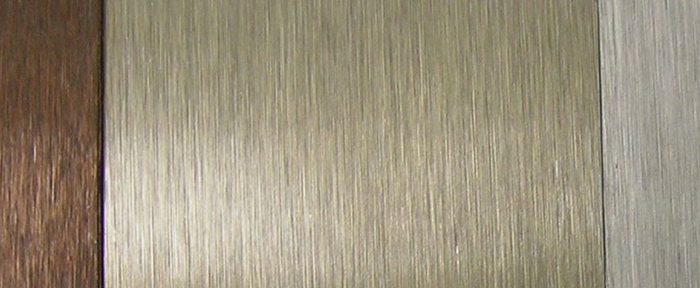This laboratory performs accredited tests, within the certification of metals, metal products and inorganic coatings, and holds Certificate No. L0116.
Additional information can be found at this laboratory's flyer.
Field of expertiseUMRI develops experimental activity related with the chemical and physical characterization of materials, products and metallic coatings, including: - Quantitative chemical analysis (ferrous alloys);
- Coatings (metallic and inorganic) characterization;
- Chemical characterization of surfaces (natural, covered and modified);
- Physical and chemical characterization of metallic products;
- Quality of metallic products.
TestingUMRI is accredited by IPAC (L0116 technical annex) for carrying out tests in the domain of certification of metals, metallic products and inorganic coatings, in particular: - Chemical composition analysis of C, Si, Mn, P, S, Cr, Ni, Cu and V (ASTM E415-14);
- Analysis of C and S (ASTM E1019-11);
- Measurement of coating thickness – Foucault currents method (NP EN ISO 2360:2005);
- Measurement of coating thickness – Micrographic cut method (EN ISO 1463:2004);
- Estimation of the loss of absorptive power of anodic oxidation coatings after sealing with prior acid (EN ISO 2143:2010);
- Assessment of the quality of sealed anodic oxidation coatings by measurement of admittance (admittance < 200 μS)( EN ISO 2931:2010);
- Assessment of the quality of sealed anodic oxidation coatings by measurement of the loss of mass after immersion in phosphoric acid/chromic acid solution with/ without prior acid treatment (EN ISO 3210:2010);
- Determination of the mass per unit area and of the average coating thickness – Gravimetric method (NP EN ISO 1460:1997);
- coating adhesion test method (NP 526:1988).
Other servicesUMRI also provides support to studies requested by different public or private bodies, construction stakeholders, infrastructure owners and producers of construction products, in particular:
- Development and qualification of new products;
- Expertise on pathologies of materials;
- Characterization of materials and products.
|






